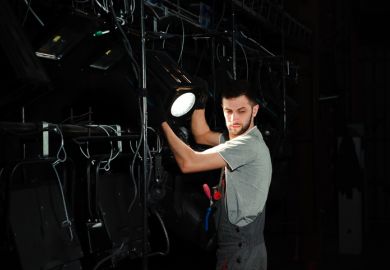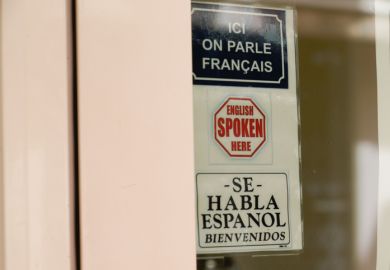From reforming the structure of financial institutions to addressing inequalities in healthcare, clarifying the precise role of the monarch in the event of a hung parliament and even reducing tension on the border between India and Pakistan, British academics bring their insights and expertise to bear on many crucial national and international challenges.
Prospering Wisely: How the humanities and social sciences enrich our lives, launched at the House of Lords on 12 February, uses many such examples to demonstrate how these disciplines can help us live better and maintain “a healthy, open democracy”, while also “fuelling prosperity and growth”. It also draws extensively on interviews with eleven prominent fellows, which have just been published in the latest issue of the British Academy Review.
Even seemingly obscure research can illuminate public policy-making. For Diarmaid MacCulloch, professor of the history of the church at the University of Oxford, “one of my proudest achievements was to complicate the debate [on gay marriage] in the House of Lords.”
He recalls hearing from traditionalists in the debate “that there was a thing called ‘traditional marriage’ which was under threat”. So peer Viscount Colville of Culross – who happened to be one of Professor MacCulloch’s television producers - “used the script we had created to show how complicated the history of marriage actually is”.
Recent British research, adds Vicki Bruce, professor of psychology at Newcastle University, has shown that facial recognition does not rely on three-dimensional images but on “much simpler 2D patterns of lights and darks”, which “makes it possible to remember specific pictures very well, but can confound memory in more natural conditions”.
These unexpected findings have already been “heavily influential in the way that CCTV images and memories of faces are now used in criminal justice”.
Lord Hennessy of Nymphsfield, who also retains a foot in the academy as Attlee professor of contemporary British history at Queen Mary, University of London, told Times Higher Education at the launch of Prospering Wisely that “Whitehall is now much better at calling academics in”.
“The report says we [academics] already do a lot of such work – and we’re very much up for more,” he said.
Register to continue
Why register?
- Registration is free and only takes a moment
- Once registered, you can read 3 articles a month
- Sign up for our newsletter
Subscribe
Or subscribe for unlimited access to:
- Unlimited access to news, views, insights & reviews
- Digital editions
- Digital access to THE’s university and college rankings analysis
Already registered or a current subscriber?




